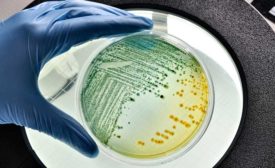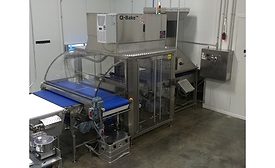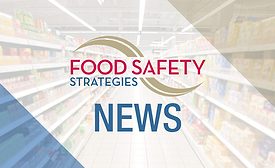Home » food safety
Articles Tagged with ''food safety''
Rapid Testing Methods—Still a Necessary Part of Food Safety?
Due to the well-known risks of working with pathogens in an in-plant food laboratory, there has been a dramatic shift to outsourcing for pathogen samples
December 12, 2023
Wisconsin dairy groups launch Dairy Food Safety Alliance
The first meeting is set for Oct. 8, 2018.
August 17, 2018
Never miss the latest news and trends driving the food safety industry
eNewsletter | Website | eMagazine
JOIN TODAY!Copyright ©2025. All Rights Reserved BNP Media.
Design, CMS, Hosting & Web Development :: ePublishing












